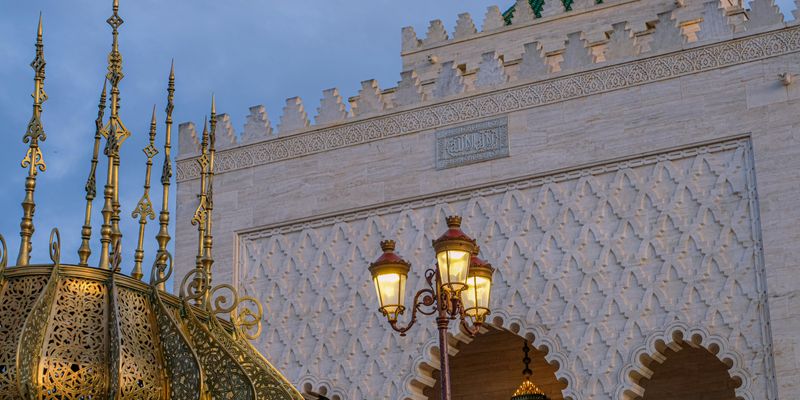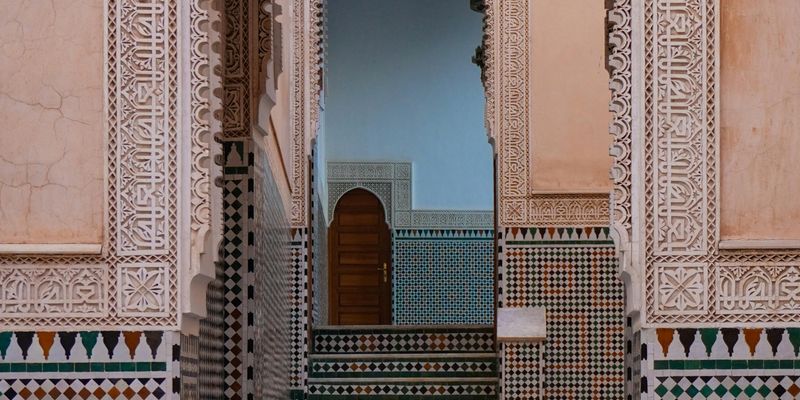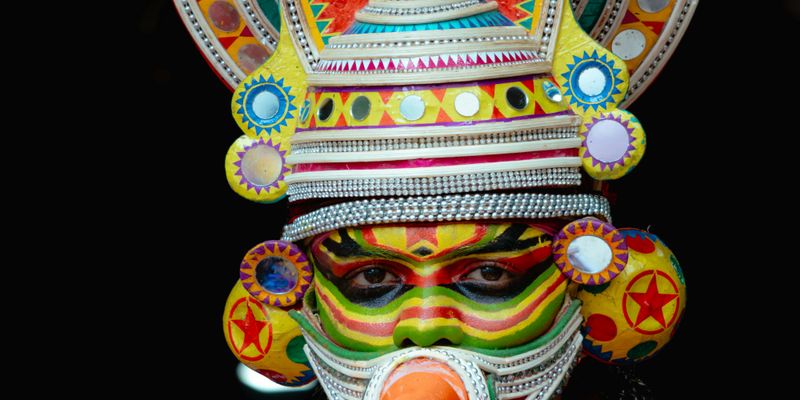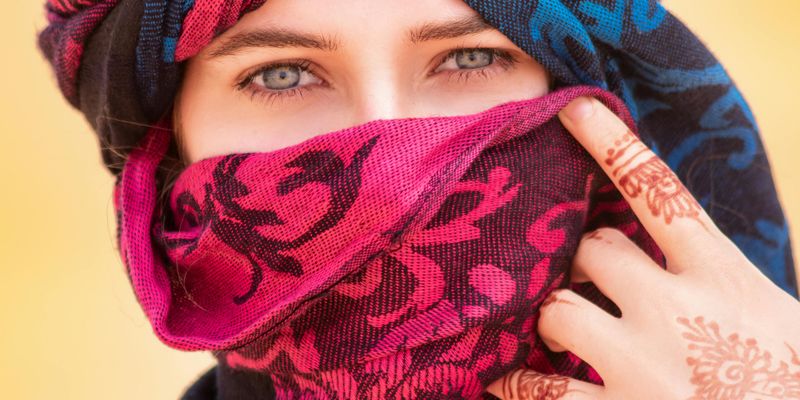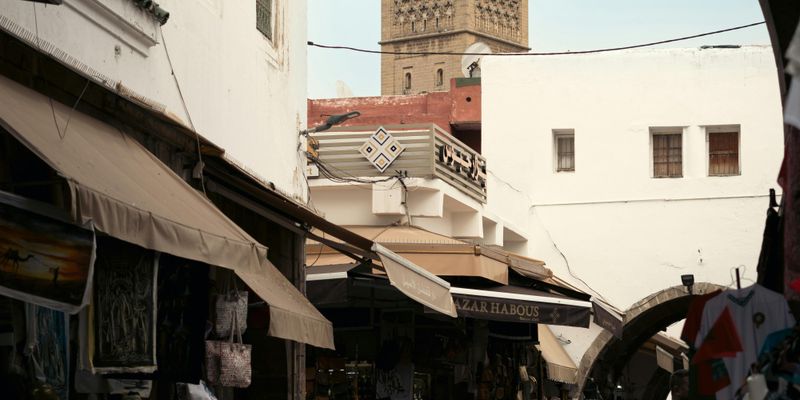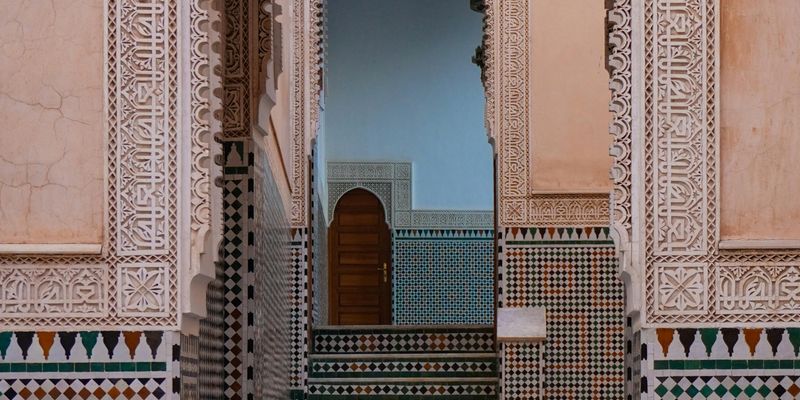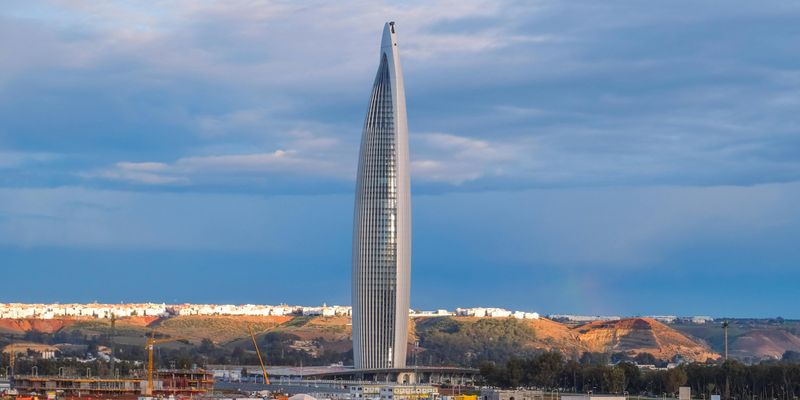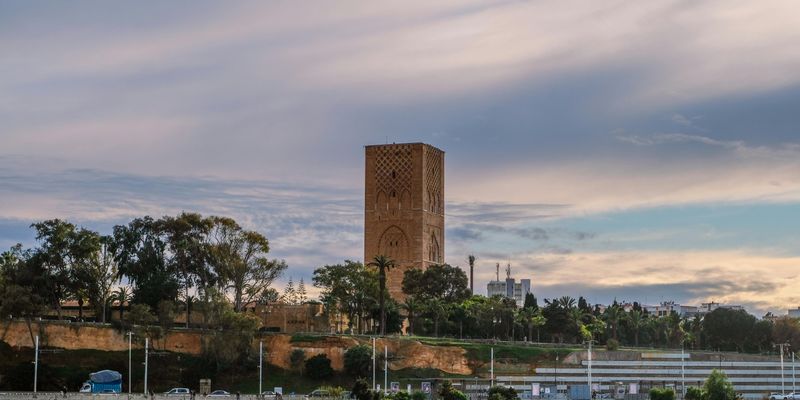
Why Morocco's Poetry Reflects the Heart and Soul of its Culture
When you walk through the winding streets of Marrakech or the tranquil hills of Chefchaouen, you can feel it—the pulse of a culture that is as rich and varied as the tapestries hanging in the souks (markets). One of the most potent expressions of this cultural vibrancy is poetry, a cherished tradition in Morocco that has been passed down through generations.
The Echo of History in Poetic Form
Poetry in Morocco is not just an art form; it is a living history. From the ancient chouyoukh (poets) of the desert and mountains to the modern voices that resonate through cafes and cultural gatherings, poetry tells the stories of this nation's people, struggles, and evolution. The amalgamation of Berber, Arab, and, later, French influences has created a kaleidoscope of poetic expressions, making it a fascinating study of Moroccan heritage.
A Celebration of Language and Emotion
Moroccan poetry encapsulates a rich tapestry of emotions. Emphasizing the beauty of the Arabic and Amazigh (Berber) languages, Moroccan poets weave words that evoke feelings of love, longing, and nostalgia. One such form is the ghazal, which beautifully expresses themes of love and beauty in a lyrical and often melancholic style. Both young and old can recite verses from famous poets like Abdelwahab Meddeb and Fatima Mernissi, connecting generations through the shared experience of their words.
From the Streets to the Stage
Today, poetry can be found on the streets as well as in performance spaces. Artists frequently engage with the public through spoken-word events and poetry slams, turning the corner of a bustling street into a stage. This is where you can witness the electricity of live performance, where the sound of Arabic and Amazigh beats intertwine with powerful verses that speak to the heart and soul of Morocco.
The Role of Poetry in Society
In Morocco, poetry serves not only as a form of entertainment but also as a social commentary. Voices like Ahmed Bouanani have challenged societal norms through their work, reflecting the stories of marginalized communities and pushing for change. The verses capture everything from daily life in the medinas (old towns) to broader themes of identity and resistance, encouraging reflection and discussion amongst readers and listeners.
A Personal Connection
Growing up in Morocco, poetry played an integral role in my understanding of my culture. I remember attending family gatherings where my grandfather would recite verses from mizwid (traditional storytelling), often bringing the stories to life with his gestures. Those moments provided a window into the heart of our heritage, reminding me that poetry is not only shared in books but also through the bonds of family and community.
The Beauty of Diversity
What truly stands out about Moroccan poetry is its diversity. Each region proudly boasts its dialect and poetic forms, whether it's the lyrical **(Amazigh)** dialects of the mountains or the rich **(Hassania)** Arabic spoken in the southern deserts. These variations highlight the regional pride of the Moroccan people, affirming the unique identities that contribute to the country's collective narrative.
Why Poetry Still Matters
In a fast-paced world dominated by technology and the fleeting nature of social media, poetry remains a vital part of Moroccan culture. It serves as a reminder of where we come from, what we aspire to be, and the voices that have shaped our nation. For anyone visiting Morocco, an engagement with the local poetry—whether through performances or literature—promises a deeper understanding of the Moroccan spirit and its enduring legacy.
Conclusion
As you explore Morocco, I invite you to immerse yourself not just in the breathtaking landscapes or the delicious cuisine but also in the profound world of its poetry. Allow the words to touch your soul and connect you to a culture that thrives on storytelling, emotion, and the celebration of life. In every verse, you will find a part of Morocco's heart, inviting you to experience its unique blend of diversity and unity.
